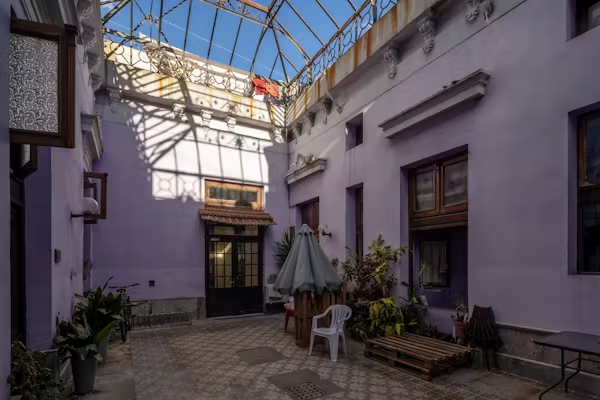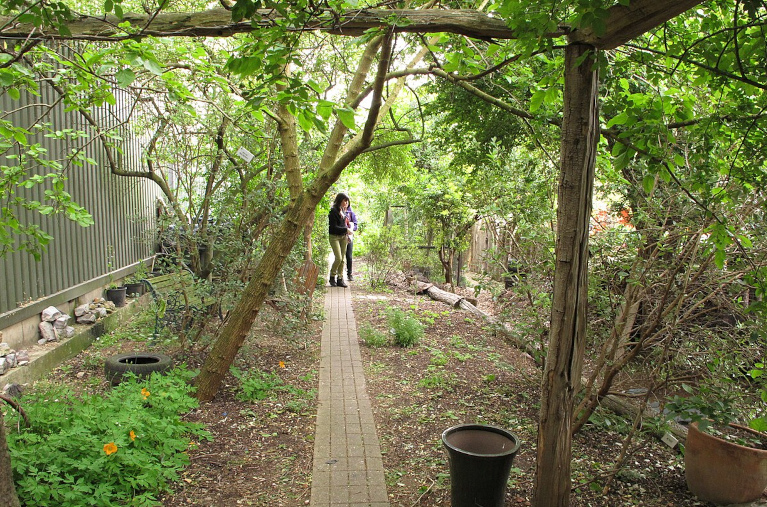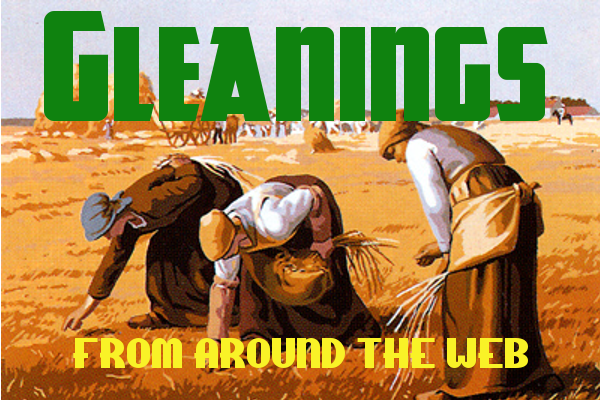This week, Jennifer Barenstein and Daniela Sanjinés take a look inside Uruguay's cooperative housing sector, consisting of over 2,000 co-ops and housing around 5% of the country's population. Since the 1960s, the success of Uruguay's housing co-ops has depended on collaboration between co-op federations, nonprofits, and the state.
Then, Brian Tokar reviews Eleanor Finley's new book, Practicing Social Ecology: From Bookchin to Rojava and Beyond.
What the World Can Learn From Uruguay's Housing Co-ops
by Jennifer Duyne Barenstein & Daniela Sanjinés
The state recognized that the success of housing cooperatives depended on sustained public support. The National Housing Law defined the rights and responsibilities of cooperatives. It also outlined the state’s obligations: overseeing operations, setting criteria for financial assistance and providing access to land.
Housing cooperative federations have also played a key role. FECOVI, the federation of the savings cooperatives, represents over 100 cooperatives, serving roughly 5,000 households. FUCVAM, the federation of mutual aid cooperatives, is much larger and more politically active, representing over 35,000 households across 730 cooperatives
...Finally, a vital pillar of this model are the Technical Assistance Institutes, which were also recognized by the National Housing Law. These are independent, nonprofit organizations that advise cooperatives. Their role is crucial: The construction of large-scale housing projects is complicated. The vast majority of citizens have no prior experience in construction or project management. The success of Uruguay’s cooperative model would be unthinkable without their support.
An Important New Book on the Praxis of Social Ecology
by Brian Tokar
Finley appropriately frames social ecology as a holistic response to the emerging global “polycrisis.” She invokes some of the foundational figures in left libertarian thought – writers like Kropotkin and his French comrade Elisée Reclus – and then summarizes Bookchin’s unique political biography, as well as the evolution of the Kurdish liberation movement from Maoist-inspired armed struggle toward a goal of stateless direct democracy that is most fully realized in the region of northeastern Syria widely known as Rojava. Finley’s analysis draws upon a host of kindred contemporary outlooks, including feminist theory, degrowth economics, aspects of Indigenous thought, environmental justice and elements of Pan Africanism – a “pluriversal” movement of movements in its fullest sense.
We Love Social Housing!
Save DC Public Land — We are a network of Ward 1 & Ward 2 neighbors, businesses, churches, and organizations. Our core crew of 1617 U Street neighbors have gathered more than 1,000 petition signatures of nearby residents, organized more than 200 letters in opposition to be sent to the DC Zoning Commission, and assisted more than 50 people to sign up and testify at recent zoning hearings...
How to Debunk Common Misconceptions About Co-ops
Co-operatives First — You’ve done the work – you’ve educated yourself about co-ops, decided it’s the right business structure for you, and you’re ready to reach out to advisors and partners who can help you get a co-op started. Unfortunately, business advisors, lenders, and other partners you reach out to may not be familiar with the co-op model – or worse, they might have long-held misconceptions about it. This can be frustrating and even prevent your co-op from moving forward...
ABCD Resource Books
Asset-Based Community Development — This guide to asset-based community development summarizes lessons learned by studying successful community-building initiatives in hundreds of neighborhoods across the United States. It outlines in simple, neighborhood-friendly terms what local communities can do to start their own journeys down the path of asset-based development. This guide will be helpful to local community leaders, leaders of local associations and institutions, government officials, and leaders in the philanthropic and business communities who wish to support effective community-building strategies...
Like what you find on GEO?
Make a Donation Today!
Your tax-deductible contribution ensures that GEO can continue to provide independent grassroots content about the cooperative and solidarity economy movements.
Got something to say?
Let us know. Send your comments, suggestions, rants and article submissions to editors@geo.coop.
Follow us on Social Media
Mastodon: social.coop/@GEO_Collective
BlueSky: @geocollective.bsky.social
FB: facebook.com/GEOCollective
Instagram: instagram.com/grassrootsecon
Our mailing address is:
Grassroots Economic Organizing
P.O. Box 115
Riverdale MD 20738-0115




